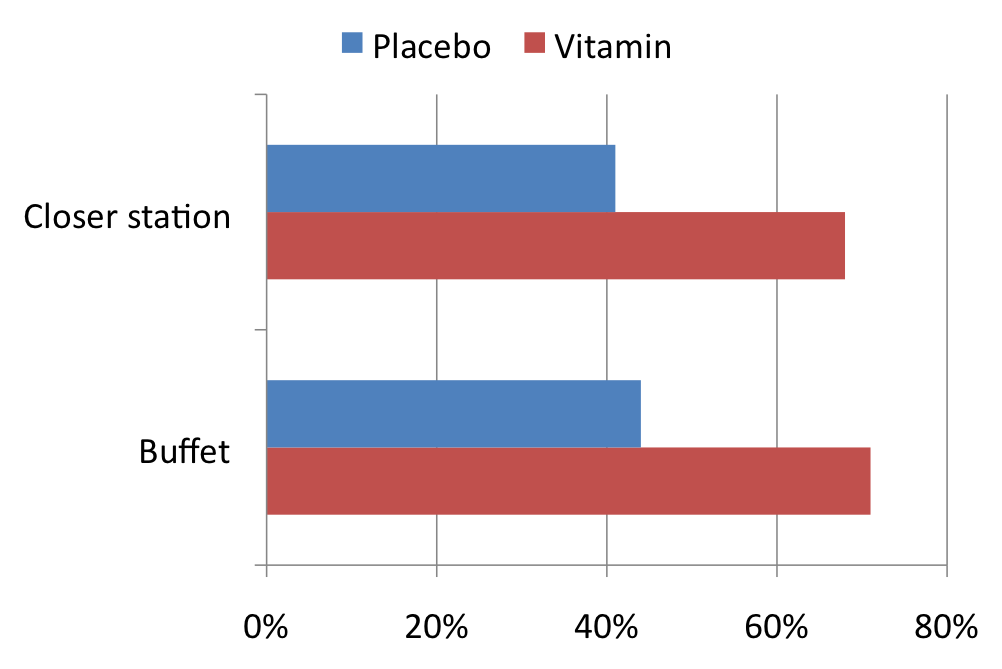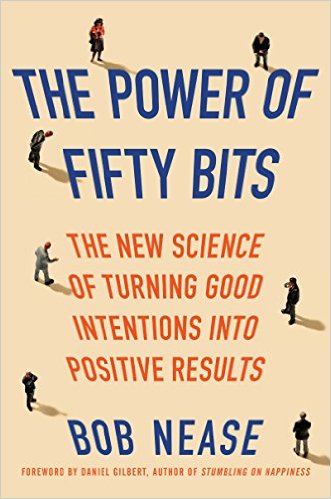Check out the following (simple) math problem:
2 + 4 = __
Easy, right? But now suppose that just at the moment you wrote 6 in as the answer (you chose, 6, right?), the plus sign changed to a multiplication sign instead. Wrong answer.
In the real world, our actions lead to reactions. This dynamic nature of reality makes it hard to solve many problems, at least to do so perfectly.
Skeptics of big government cite example after example of accidentally applying perverse incentives, and of consequences that weren’t intended when policies were originally put into place:
- In an attempt to get a handle on the burgeoning rat population in Hanoi during the early 1900s, French authorities offered a bounty on each rat pelt turned in. The result: rat “ranches.” (Blech.)
- Paleontologists enlisted help from Chinese peasants by paying them for every dinosaur fossil found. They discovered later that the peasants were digging up fossils, and then smashing them to bits to maximize they payments they received.
- An Irish temperance movement (I know!) in the 1800s was so successful at getting drinkers to take their “no more alcohol” pledge seriously that it led to the consumption of the far more dangerous diethyl ether (which I suppose narrowly skirts the no-alcohol promise).
- U.S. fuel economy standards were imposed to help reduce our dependence on foreign oil. Unfortunately, these standards were achieved through the production of smaller (and at least early on) less safe cars… and more driving. As a result, Harvard’s Center for Risk Analysis estimates that the CAFE standards have led to an additional 2,200 to 3,900 motorist deaths annually.
But it’s not just government policies that can go awry when it comes to unintended consequences. A study published in Psychological Science found that people who took a multivitamin were more likely than randomized controls to choose less healthy lunch options and to reduce their walking.
Here’s how the study worked. Study participants were recruited for what was allegedly a pre-study for a future randomized controlled trial. Participants in the current study were randomized to either be told they were taking a multivitamin or a placebo. All participants actually received a placebo.
Participants were asked some questions, and then given a voucher they could use at the cafeteria for either a healthy meal or a less healthy buffet. In a second version of the study, participants were given a pedometer to try out, and asked to return the device to one of two stations; one of the stations was twice as far away as the other.
Here are the results:

Participants who thought they’d taken a vitamin were far more likely to engage in less healthy behaviors subsequently — here walking less far to return the pedometer, or eating at the buffet — than those who knew they’d taken a placebo. Based on questions embedded in a lengthy survey the participants took, the researchers were able to pin this difference on the increased sense of invulnerability that taking the vitamin created.
That’s right — people who took (what they thought was) a multivitamin had a greater sense of invulnerability than those who knew they’d taken a placebo. And this increased sense of safety led to lower engagement in healthy behaviors downstream.
What does this mean for us? First, we should be aware that whatever benefits we get from our good behaviors are likely to be later offset by the “you deserve it” effect. Second, this is particularly problematic if the good behaviors in which we are behaved have smaller actual effects than we think. When that’s the case, the effects of the “you deserve it” behaviors could overwhelm any actual benefits achieved by the “good” behavior.
In fact, the best arrangement would be to engage in healthy behaviors whose beneficial effects are much greater than we believe, and the treat ourselves to treats that have costs that are less than we expect. For example, choose black coffee over the whole milk latte in the morning, and then reward yourself by sleeping an extra hour that night.




